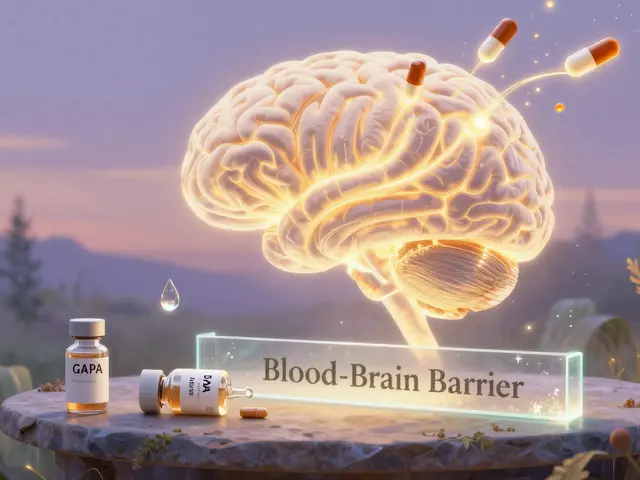Low Libido: What’s Causing It and What You Can Do
Low libido means reduced interest in sex. It’s common and can hit anyone — men or women — at any age. The good news: most causes are treatable once you know what’s behind it. This page gives clear, practical steps you can try now and explains when to see a clinician.
Common causes and quick fixes
Start with the obvious: sleep, stress, and alcohol. Poor sleep and chronic stress blunt desire. Cutting back on late-night screen time, improving sleep habits, and finding one realistic stress tool (short walks, breathing, or focused breaks) often helps fast.
Medications matter. Many antidepressants (especially SSRIs), some blood pressure meds, and certain pain drugs can lower libido. If a new drug lines up with when your sex drive dropped, ask your prescriber about alternatives or dose changes before stopping anything.
Hormones play a big role. Low testosterone in men and hormonal shifts (pregnancy, breastfeeding, or menopause) in women can lower desire. Thyroid problems can do the same. A simple blood panel — testosterone for men, and thyroid and basic hormones for anyone with irregular cycles or other symptoms — often gives useful answers.
Relationship and mental health issues matter too. Arguments, resentment, anxiety, and untreated depression reduce interest. Couples therapy or sex therapy can be more effective than trying to “fix it alone.”
Medical options, safety, and next steps
If lifestyle changes don’t help, see your clinician. For men with confirmed low testosterone, supervised testosterone therapy may help, but it needs testing and monitoring. For premenopausal women with diagnosed low sexual desire (HSDD), there are prescription options like flibanserin or bremelanotide — both require a clinician’s evaluation and come with side effects and safety rules.
Note: PDE5 drugs (Viagra, Cialis) treat erectile problems, not desire itself. If your issue is low interest rather than erection trouble, those pills won’t restore libido.
Be careful with supplements. Things like maca or ginseng get talked about a lot, but evidence is mixed. Supplements can interact with prescriptions and aren’t regulated like medicines. Talk to your doctor before trying them.
When to see help: if low desire lasts months, affects your relationship, or you’re worried about an underlying condition, book an appointment. Bring a list of medications, a short health history, and be ready to talk honestly about lifestyle and stress. Tests usually start simple — blood tests, medication review, and a brief mental-health screen.
Finally, don’t buy prescription drugs from sketchy sites. Use licensed pharmacies or get a prescription from a trusted clinician. If cost or access is a problem, ask your provider about safer alternatives or patient assistance programs. Low libido is common and often fixable — start with one small change and get help when you need it.

How to create a more intimate environment to combat low libido
Creating a more intimate environment to combat low libido can be achieved through a few simple steps. First, focus on setting a relaxing atmosphere by decluttering your space and adding soft lighting or candles. Next, engage in open communication with your partner about your desires and boundaries. Incorporate activities that promote physical touch and emotional connection, such as massages or cuddling. Lastly, prioritize self-care and stress management to foster a more balanced mindset and enhance your overall intimacy.
Read More




